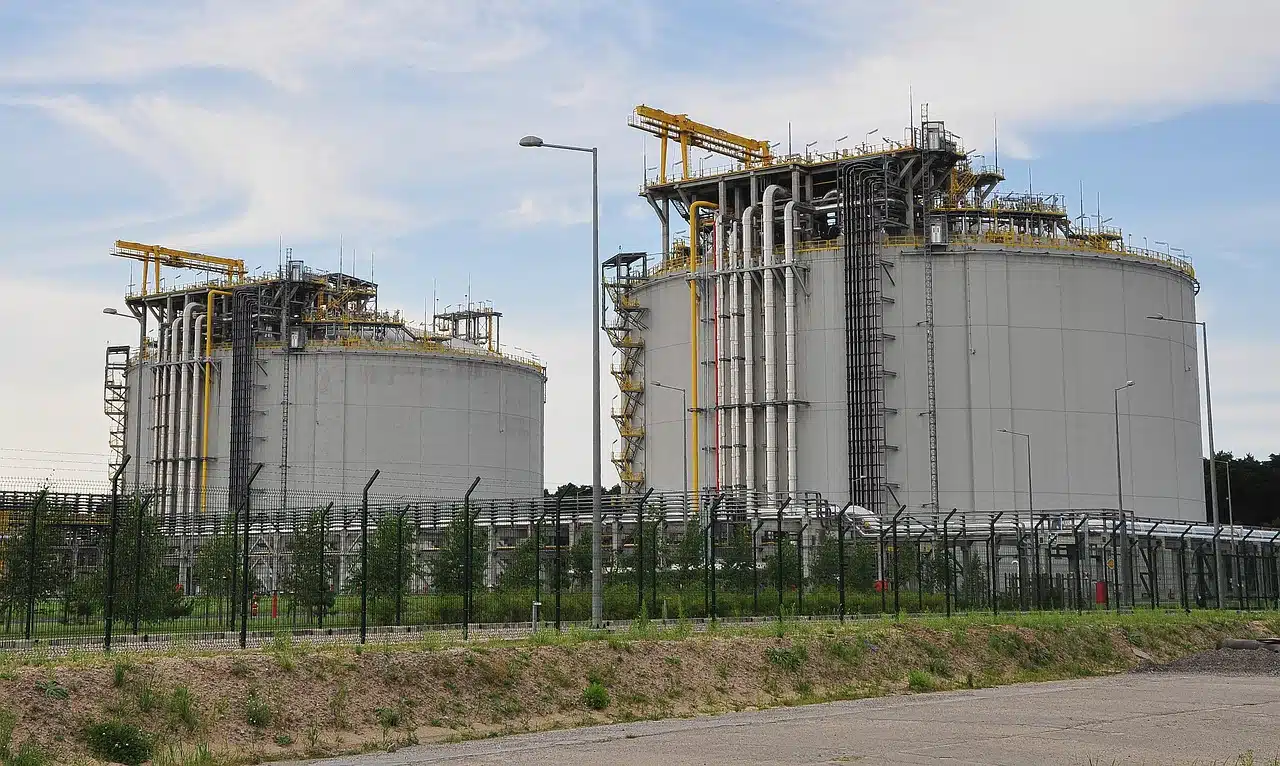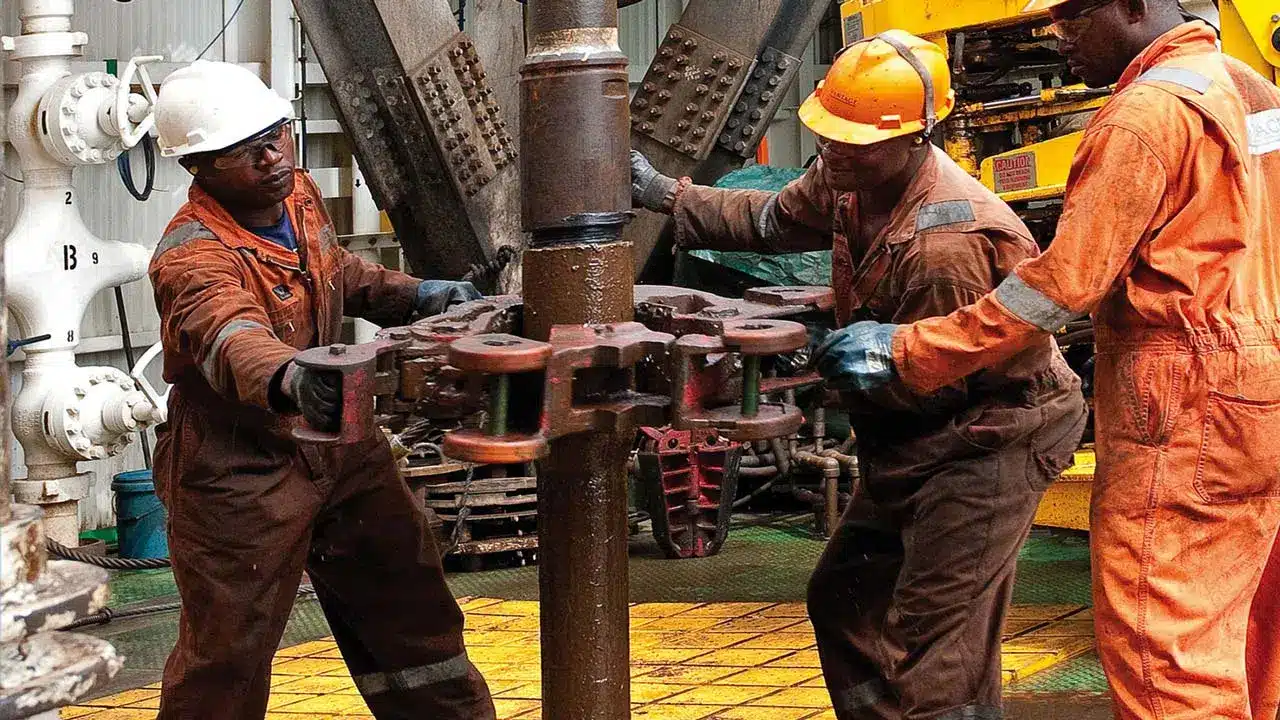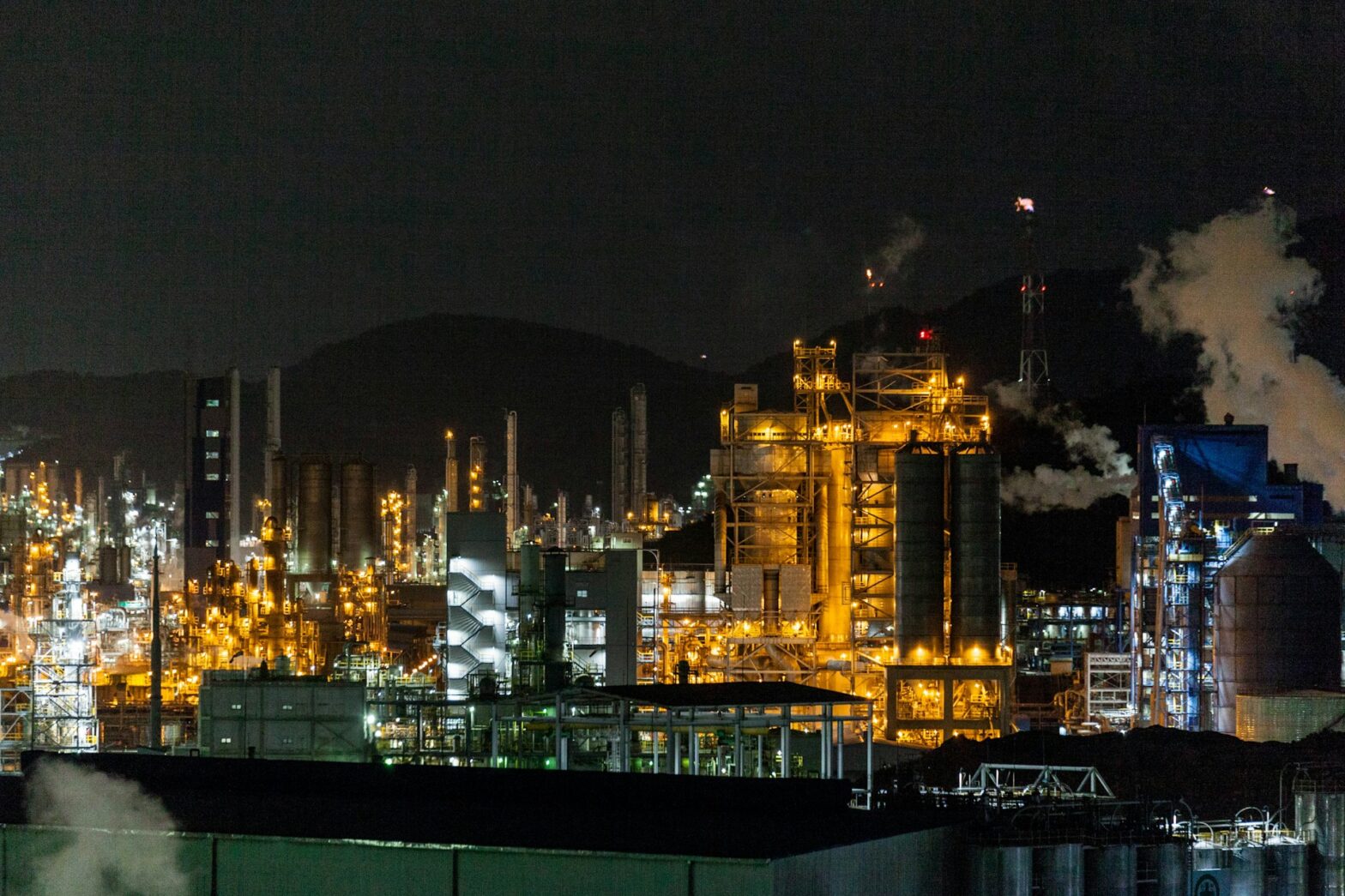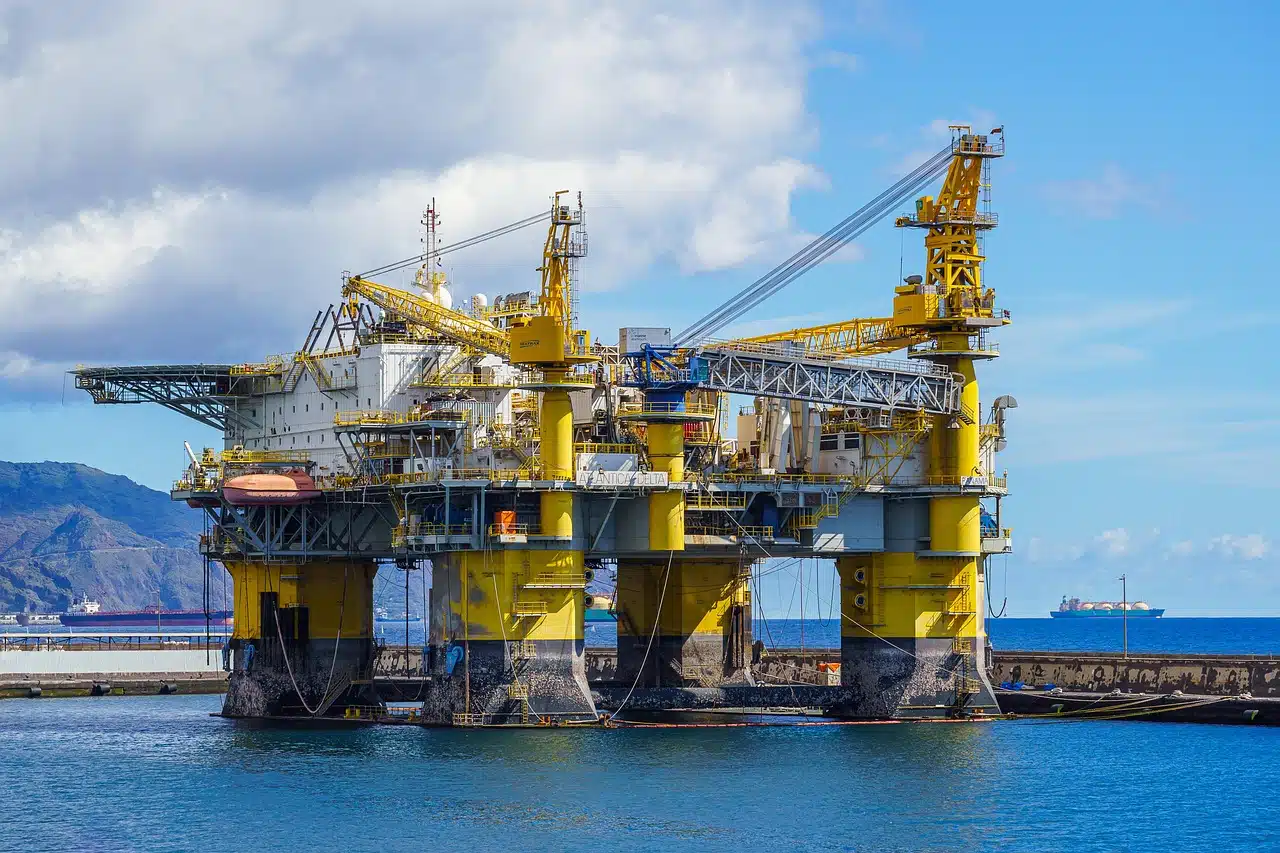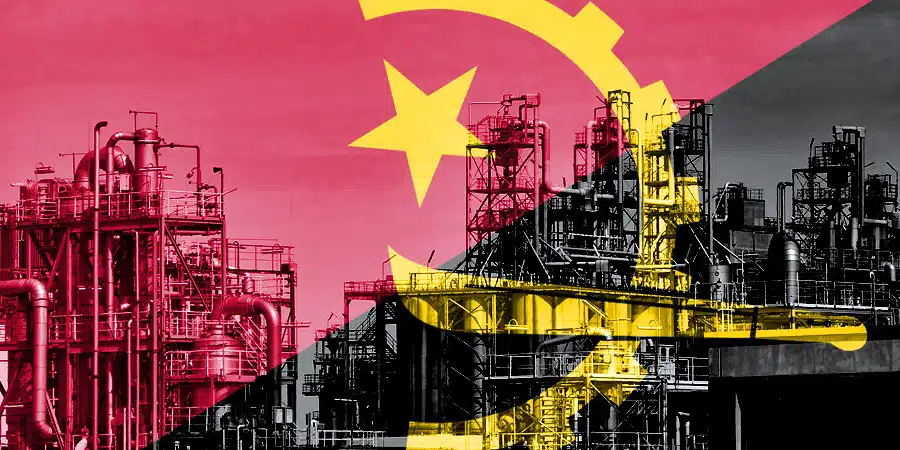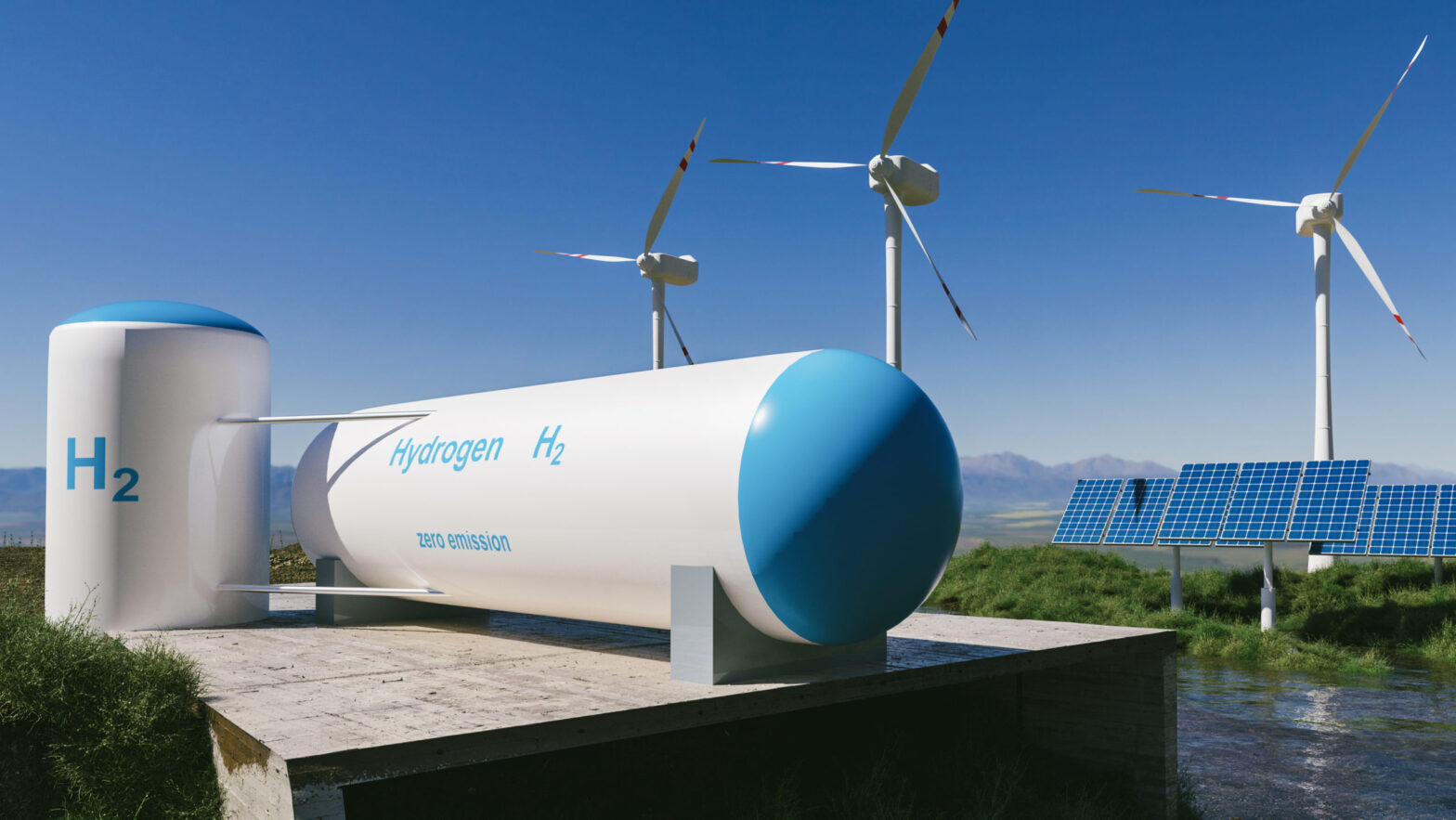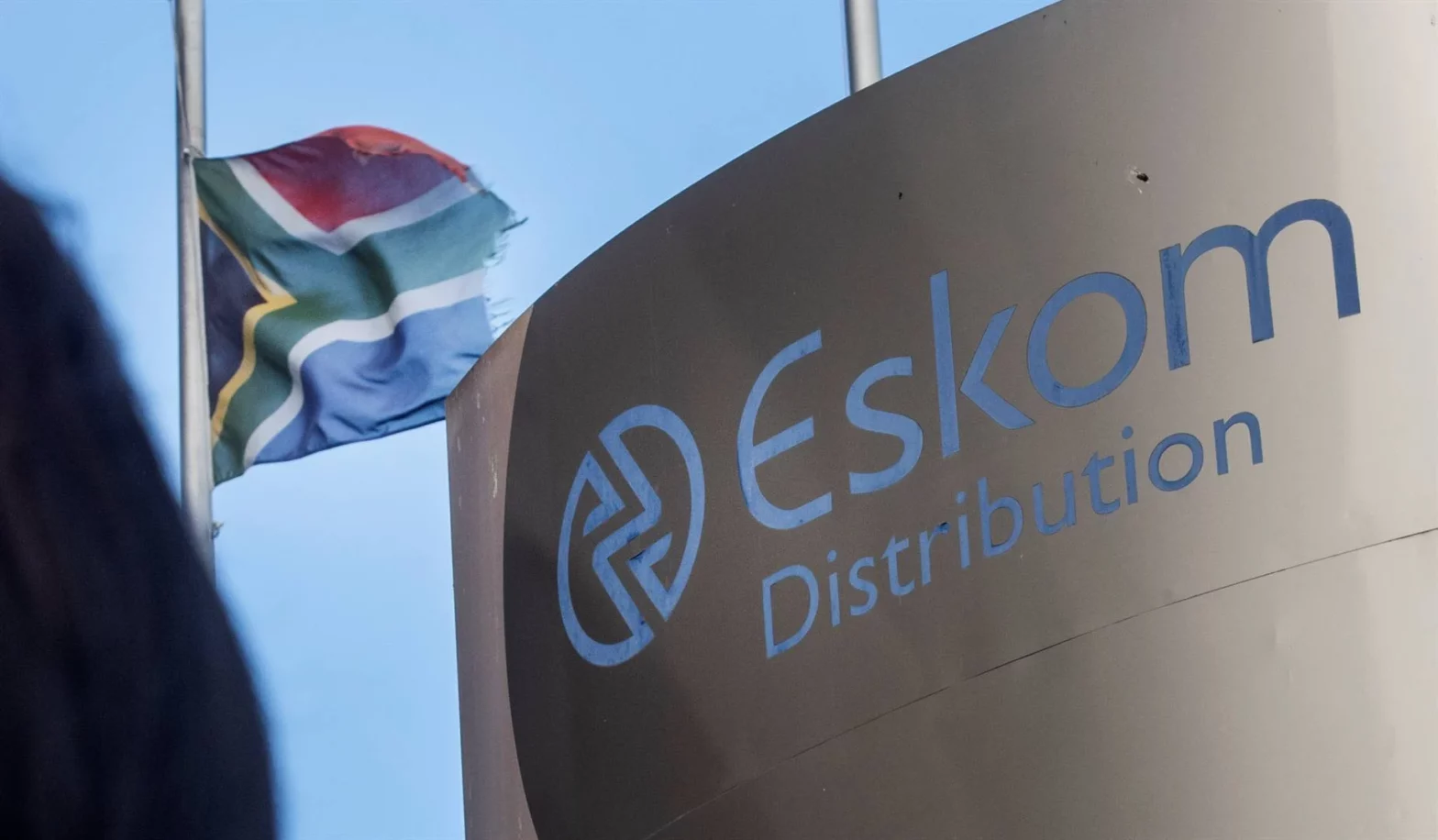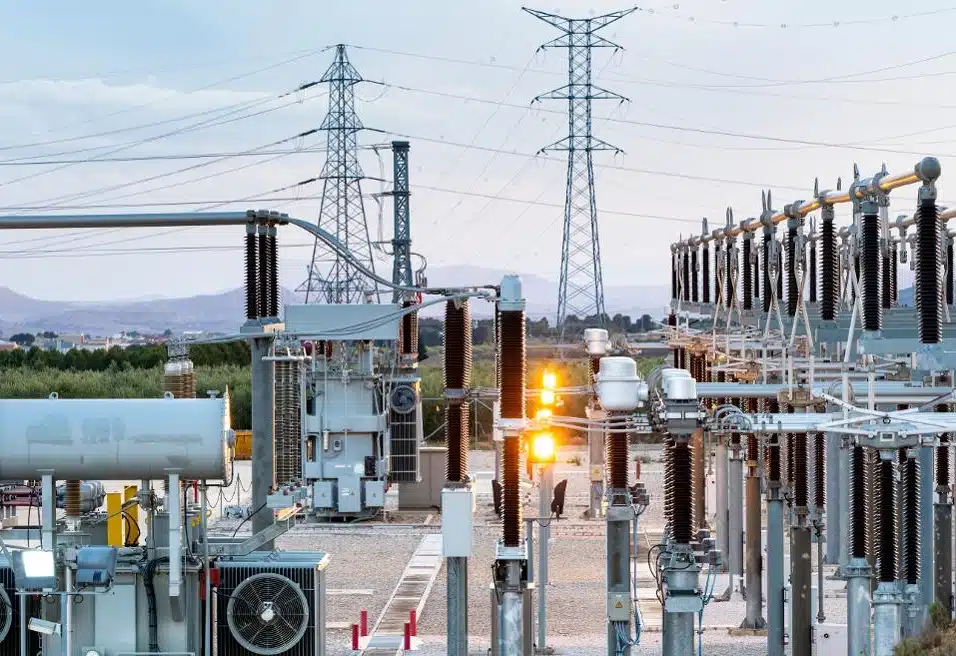Egyptian fertilizer producers were forced to halt operations on Friday due to a sharp decline in natural gas imports from Israel, as tensions between Israel and Iran escalated.
The supply disruption followed the suspension of operations at major Israeli gas fields after Israel launched military strikes on Iranian nuclear facilities and missile factories.
To stabilize the domestic energy network and avoid electricity cuts, Egypt’s power stations have increased their use of fuel oil to the maximum available levels.
Some plants are also being switched to diesel, the petroleum ministry said. However, it did not give a timeline for when gas supplies might return to normal.
Leviathan and Karish, two of Israel’s main gas fields, were shut down on Friday, while a third field, Tamar, remained operational, a gas analyst informed Reuters.
The Israeli Energy Ministry confirmed the disruption in gas exports, saying the regular supply of natural gas had been affected. It noted that efforts were ongoing to resume deliveries as soon as possible.
Cairo seeks energy stability and strategic Reserves
Meanwhile, Egyptian Prime Minister Mostafa Madbouly said the government was closely monitoring the regional situation and aimed to boost strategic reserves of essential commodities.
He held a meeting with top energy officials and the central bank to review the response strategy.
In a statement, Petroleum Minister Karim Badawi said the ministry had already secured gas shipments and stockpiled fuel oil.
Efforts are also underway to activate floating storage and regasification units (FSRUs).
Of the three FSRUs received by Egypt, only one is currently injecting gas into the national grid, while the other two are being connected to ports.
Once fully operational, the combined daily regasification capacity will reach 2,250 million cubic feet—more than double last year’s level. The country also plans to lease a fourth unit for emergency use.
Egypt also signed deal with gas traders including Aramco, BP, Trafigura and others to purchase between 150 and 160 cargoes of Liquefied Natural Gas (LNG) through 2026.
Egypt has leaned increasingly on Israeli gas since domestic production began declining in 2022.
According to data from the Joint Organisations Data Initiative (JODI), Israeli gas now accounts for 40–60% of Egypt’s imported gas and about 15–20% of its overall consumption.

